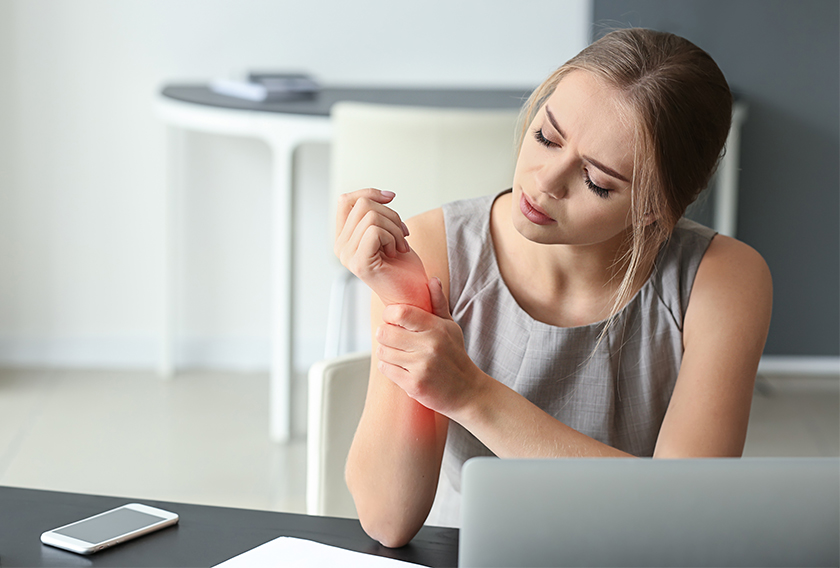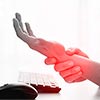Physiotherapy in Milton, Ontario
- Home
- About
- WHAT WE TREAT
- KNEE PAIN
- NECK PAIN
- PARKINSON’S DISEASE
- ARTHRITIS
- BALANCE & GAIT DISORDERS
- HIP PAIN
- SHOULDER PAIN
- LOW BACK PAIN
- AMPUTATION
- CARPAL TUNNEL SYNDROME
- CHRONIC PAIN
- DIZZINESS & VERTIGO
- CONCUSSION
- FIBROMYALGIA
- FOOT PAIN
- HEADACHE RELIEF
- LYMPHEDEMA
- SPORTS INJURY
- TMJ DYSFUNTION
- OSTEOPOROSIS
- ELBOW, WRIST & HAND PAIN
- PRE-SURGICAL PHYSIOTHERAPY
- POST SURGICAL REHABILITATION
- TOTAL HIP & KNEE REPLACEMENT
- PRE AND POST NATAL CARE/ PREGNANCY
- MOTOR VEHICLE ACCIDENTS & INJURIES
- HOW WE TREAT
- PHYSIOTHERAPY
- MASSAGE THERAPY
- PELVIC FLOOR
- SHOCKWAVE THERAPY
- CUSTOM FITTED BRACE
- CUPPING THERAPY
- DRY NEEDLING
- ELECTRICAL STIMULATION
- ERGONOMIC TRAINING
- IASTM / GRASTON TECHNIQUE
- JOINT MOBILIZATION
- KINESIO TAPING (KT)
- LASER THERAPY
- MANUAL THERAPY
- MULLIGAN CONCEPT
- MYOFASCIAL RELEASE
- NATUROPATHY
- ORTHOTICS
- ACUPUNCTURE
- CONCUSSION MANAGEMENT
- MCKENZIE METHOD
- RUN & GAIT ANALYSIS
- TELEHEALTH
- SPINAL MANIPULATION
- SPORT-SPECIFIC TRAINING
- THERAPEUTIC EXERCISE
- THERAPEUTIC ULTRASOUND
- VESTIBULAR REHABILITATION
- HOME CARE
- SPORTS REHAB & PERFORMANCE
- Blog
- 905 864.8181
CARPAL TUNNEL SYNDROME

Do your hands, wrists, or forearms ache daily? Are your daily activities, such as typing or lifting, extremely difficult and cause you increased discomfort? Do you tend to feel sharp pain with arm, hand, or wrist movement or pins and needles within the fingers? If so, you may be suffering from carpal tunnel syndrome. Here at Revolve Physiotherapy we can help you.
This is a condition that can cause numbness, stiffness, or pain. However, that can radiate through your fingers, hands, wrists, or forearms. Symptoms of CTS occur when there is too much pressure on your median nerve located at the base of your palm.
Your carpal tunnel is a narrow channel formed by a thin ligament and the bones of your lower wrist within the palm area. It is to protect the median nerve, as well as the tendons you use to bend your fingers. Either by inflammation or biomechanically, this occurs when there is excessive crowding of the carpal tunnel. It can cause excessive pressure and friction on the median nerve.
It can cause excessive pressure and friction on the median nerve resulting in the symptoms felt and a difficulty in doing its job. Additionally, crowding of the carpal tunnel can place intermittent pressure on the blood vessels within the canal.
What causes carpal tunnel syndrome?
Essentially, any excessive use of the fingers, wrists, hands, or forearms can cause carpal tunnel syndrome. It is a very common condition. Affecting approximately 1 out of every 20 people, and accounting for almost 50% of all work-related injuries.
Assembly-line work is the most common source of this. Although those who perform jobs demanding extensive use of hand tools, keyboards, or the operation of heavy machinery. They are at risk for developing carpal tunnel syndrome. Certain leisure activities have also to lead to this condition, such as sewing, playing string instruments, or participating in sports involving racquets.
Physiotherapy is a great option in some cases to offset the need for surgery.
Our therapists will employ a combination of manual therapy techniques in addition to any other treatments that your therapist deems fit after your evaluation to help you manage your symptoms.
